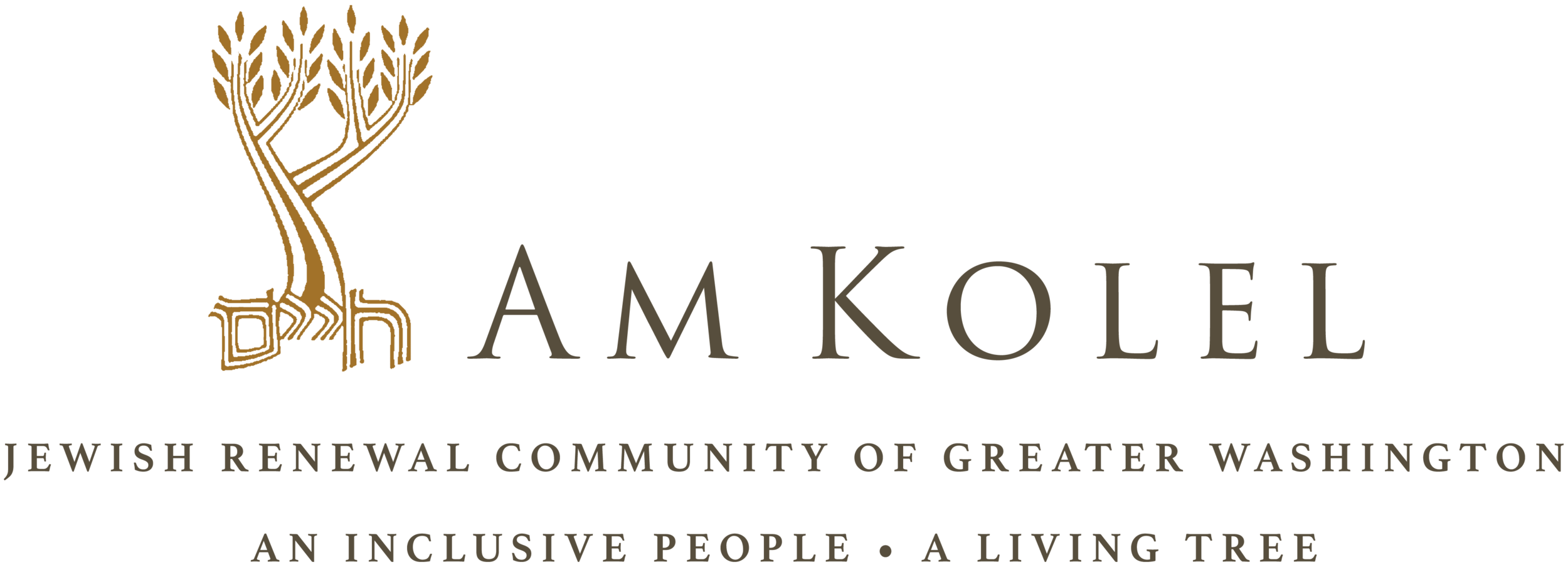Diane and I just returned from celebrating our son Dani’s wedding in Jerusalem.
Diane and I just returned from celebrating our son Dani’s wedding in Jerusalem. We feel very blessed that he found Chana, a woman who also shares a love of learning, acts of chesed, modesty and a special closeness to the spiritual life.
Our eyes were opened to the Haredi community they have embraced. Haredi Judaism is characterized by a strict adherence to halakha (Jewish law). Gender roles are clearly defined. Their standards of kashrut are very high. Their celebration of Shabbes, holidays, life cycle events, and their prayers are filled with kavanah, emotion and intentionality.
We experienced a strong sense of community, a beloved community. They joyfully welcomed us and Chana’s parents and grandmother from Hungary, all secular, into their homes for Shabbes meals and for the meals after the wedding where the Sheva Brachos, seven marriage blessings, were recited to the bride and groom. Haredi families tend to be quite large. The more established families that hosted us had 7-12 children! Most dinners we attended averaged 35 people which included several of Dani’s Yeshiva friends, who enthusiastically sang songs in celebration of their marriage. Women, according to their practice, did not sing. We experienced an outpouring of love, as well as appreciation for the depth and gentle kindness of the bride and groom.
One thing that I learned was that there is a lot more diversity within the Haredi world than is generally known. They have been lumped together and viewed with disdain. Many Israelis resent that they receive support from the Government though most do not serve in the army. While the majority of Haredim followed COVID guidelines and received vaccinations, some thirty percent did not. Their relationship with their Palestinian neighbors is tense. Beitar Ilit, where Dani and Chana live, is a beautiful town sitting on three hilltops surrounded by Palestinian farmlands.
This area has historical importance because, in the 1st century CE, Beitar was the center of the valiant Jewish revolt against the Roman legions led by Rabbi Akiba and Bar Kochba. Modern-day Beitar is a “settlement,” about 30 minutes south of Jerusalem. It is on the Green Line, the dividing line between Israel proper and the West Bank. About thirty years old, it boasts a population of some 65,000 mostly Haredim, including 30,000 children. It is known for its schools, cleanliness, Yeshivot, parks, playgrounds and healthcare system. Someone shared with me that its motto could be “Torah and family.”
Political discussions were discouraged during our time there. Many put a lot of faith in the hope that all can live in peace on the Land. They pray daily for that. They put their trust in God’s will and, one day, in the coming of the Mashiach. A couple of the rabbis, wanted to talk with me about my work, but after Shabbes. They were curious about my work back in the States and our efforts for peace. To be continued….
This week’s Parsha, Toldot, explores the tensions between the brothers, Esau and Jacob, and their respective relationships with their parents. The brothers have very different life styles and their parents have very different ways of parenting. For all their wisdom and good qualities, an open discussion of these differences is sorely missing. So it can be in our own families. So it is, as I witnessed on this recent trip, among inhabitants of Israel and the Palestinian Territories.
Where are the organizations and the will that promote dialogues among Jews or among Palestinians? Where are the organizations and the will that bring together Jews and Palestinians to learn about each others’ needs and fears? To be continued……
B’Shalom and Chodesh Kislev Tov!
Reb David
